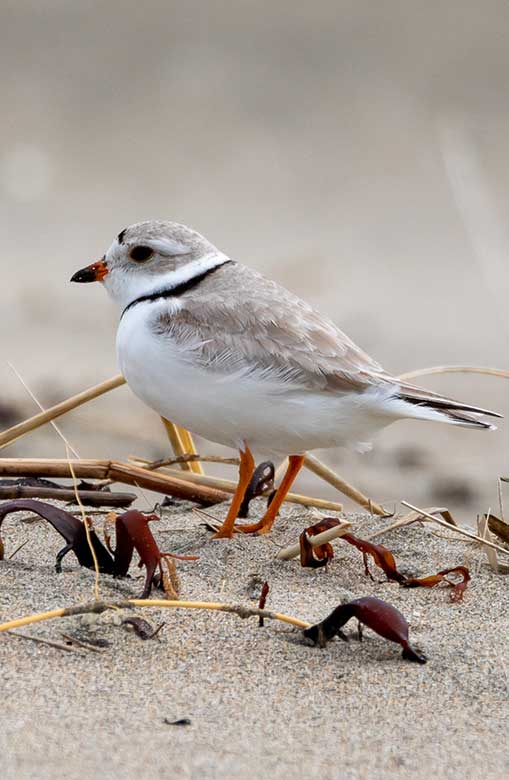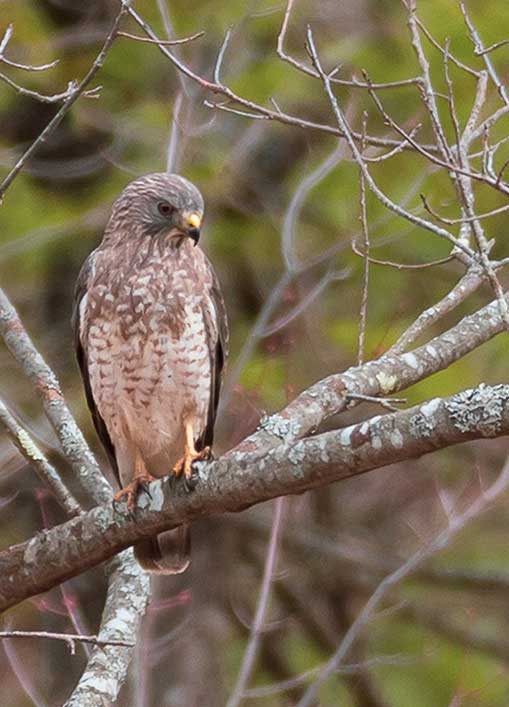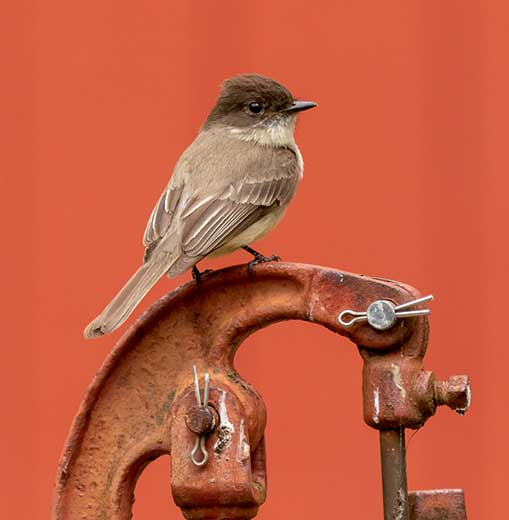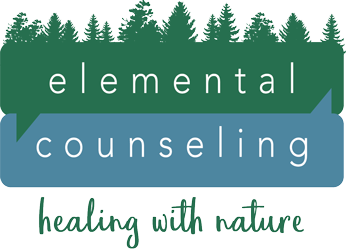Frequently Asked Questions About Ecotherapy & How It Works
How It Works
Let’s take a closer look at what ecotherapy is in general and how it might work in a session at Elemental Counseling.
Ecotherapy is relatively new in the counseling field and within clinical literature, but it is rooted in ancient ways of being. At Elemental Counseling in Freeport, Maine, our therapy focus is specific to you and whatever concerns brought you to counseling. But we make the context of the work and the possible connections to healing much broader by welcoming nature in as a ‘co-therapist.’ To learn more about ecotherapy and how it works, you can explore the FAQs below, and check out some of the research.

What is Ecotherapy?
Clinical ecotherapy, also called nature based therapy, is therapeutic work that facilitates a reciprocally nurturing, healing, and growth-full reconnection between humans and nature. Ecotherapy in the one-to-one clinical format has a stronger foothold in Europe and the west coast of the US than it does here in the Freeport, ME area. I don’t know for sure why this is, but I’d guess more temperate climates are a large factor!
The recognition that humans are part of nature is one tenet shared by most eco-therapeutic approaches. A second is that nurturing the connection between humans and the rest of nature is healthy and necessary for all to thrive.
Whether I’m indoors, outdoors, or even on telehealth with clients, I am mindful of integrating our full landscape into our experience together. There is so much to discover about ourselves in noticing how our human animal bodies and mind respond to being in relationship with nature.
What Kind of Things Would I Go to an Eco-Therapist For?
Ecotherapy can be effective for any of the typical reasons people seek out counseling – complicated life transitions (relationship & career changes), grief and loss, depression, anxiety, relational struggles, burn out, feeling a lack of purpose, and more. In addition, eco-therapists can be uniquely helpful in supporting people experiencing ecological grief/fear/anxiety (related to experienced and/or anticipated ecological loss due to human causes) and burnout related to activism.
What Does an Ecotherapy Session Look and Feel Like?
There is not a super clear answer to this question as every session is different. In general, I think of the natural world as the container in which I practice (thanks to friend and colleague Jess Wallner for naming this succinctly!). Different ecotherapists (just like more traditional therapists) will inhabit that container differently, depending on their own training, skills, and interests. Into the ecotherapeutic container, I bring clinical training and experience in mindfulness, polyvagal theory, somatic awareness, AEDP (accelerated experiential dynamic psychotherapy), and emotion and compassion focused approaches. Also, a strong (if not always skilled) sense of humor and appreciation for playfulness. I like to share with clients both the felt experience of therapy and some of the neuroscience of how brains work and why we’re doing what we’re doing. Outdoor work is so supportive in faciliating this kind of head and heart understanding. The multi-sensory input and space to move allows for immediate embodied understanding of our experiences.

Outdoor Nature Therapy Sessions? Huh?
At Elemental Counseling, we can meet indoors at my office. We can also meet at an outdoor location in Freeport and walk/explore, or find a spot to sit and talk. We have also been known to splash in puddles, skip down hills, create art out of natural objects, leave messages in the sand, sculpt snow, and lie on warm boulders in the sun. (Yep, it can be really fun and healing, all at the same time!) What we do and where we are will depend on your goals for therapy, your comfort and desire to engage with outdoor work, and the appropriateness of different environments for your particular needs and situation. We are incredibly lucky to live in a part of the country with extensive lands with public access, and we acknowledge that, well before our towns existed, the Wabanaki lived on and cared for these lands.
What if I Don’t Want to Go Outdoors?
No problem! We can meet via telehealth or, if you are fully vaccinated, at my office with masks on. If you are interested in ecotherapy, we can work with nature in all sorts of ways, even while indoors.

What If I Think I Might be Interested in Going Outdoors, but I Don’t Feel Fit Enough or Adventurous Enough?
Don’t worry! Our work together is not an exercise routine or a wilderness expedition and does not require fancy gear . We are focused on your therapeutic needs. We can sit, we can stroll, we can walk briskly, we can wander. Regardless of your comfort level outdoors, if you are interested in being out, we will work together to figure out where and how that feels right for you. Once we are outdoors, we will be observing and listening deeply for what you need in that moment, so a change in activity or location is always possible during session.
What If It’s Raining/Sleeting/Snowing/Hailing/-30 Wind Chill/Dark for Half the Day?
If you’re asking this question, it’s clearly not your first day in Maine! There are plenty of days in our state that just aren’t practical to be outdoors, and we can meet in my office or via telehealth at anytime. Note that inclement weather is not always a reason to meet indoors. As long as the conditions are safe and you have the clothing necessary to keep you warm, there is often something to be learned from experiencing rain, wind, snow, or darkness with intention and curiosity. Meeting outdoors is an option year round, but it is never a requirement.
What About Confidentiality if We’re Outside for Nature Therapy?
That is a really important question. A counseling relationship is legally and ethically a confidential one, so navigating outdoor sessions has some special considerations. There are definitely ways to work with confidentiality, even in our small town/state, and we won’t leave the office unless we have a plan you feel comfortable with. Before our first outdoor session, we will talk in detail about this exact concern, but here’s a general overview of how we handle confidentiality in the great outdoors:
- Before leaving the office, we will talk about what feels best for you if we run into someone on the trail that either of us know, and I am happy to follow whatever feels best for you.
- I try to work with clients in lightly trafficked areas.
- Of course, I can’t promise we won’t run into other people. When the person is unknown to both of us, it’s typically pretty easy to just pause the conversation while passing, and/or move far away enough from them to avoid overlap completely.
- Finally, even if you prefer being outside for therapy, there may be some particularly challenging topics or explorations better served by a guarantee of privacy, and we can always plan to meet in the office for that work.
